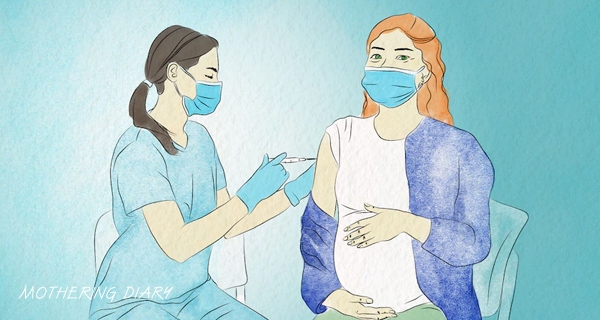
Morning sickness simply means feeling nauseous and vomiting, which happens several times a day. For most pregnant women, morning sickness symptoms usually start from the 4th – 6th week of pregnancy and get better after the first trimester. However, some people experience morning sickness that is worse and difficult to control.

-
What is morning sickness?
Morning sickness is a condition in which a pregnant woman feels uncomfortable, bloating in her abdomen, and appears many times a day. When pregnancy starts, morning sickness is very common. Morning sickness is usually not harmful to an unborn baby but it can affect moms’ daily life, both at work and in normal activities.
-
What week of morning sickness starts?
Women who are expecting pregnancy will often ask, “When does morning sickness start?” Pregnancy morning sickness symptoms usually begin before the 9th week of pregnancy. For most women, this condition disappears after about 14 weeks of pregnancy (in the second trimester). Some women experience severe morning sickness, which lasts for weeks or months. There are cases that last throughout pregnancy.
-
What are the differences between severe morning sickness and mild morning sickness?
Some women only experience transient nausea once or twice a day. This condition is considered mild morning sickness. Severe morning sickness occurs when nausea persists for several hours a day and vomiting occurs more frequently. Whether or not to treat morning sickness depends on how pregnant women are affected, rather than how light or severe morning sickness is.

-
What is morning sickness syndrome?
The morning sickness syndrome is the most severe form of morning sickness in pregnancy, with about 3% occurring. Women are diagnosed with vomiting when their prenatal body weight drops by 5% and they become severely dehydrated (due to severe vomiting). Pregnant women with vomiting need treatment to prevent vomiting, balance water, and electrolytes for the body. Sometimes women need to be admitted to the hospital.


















































